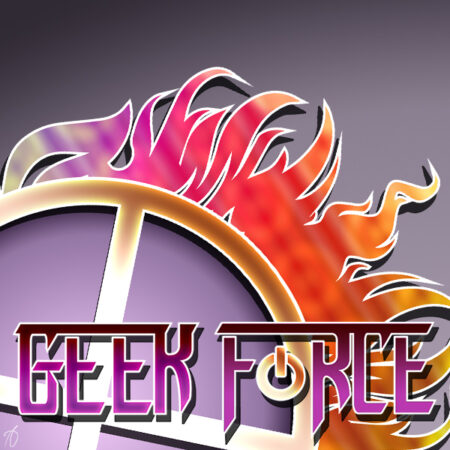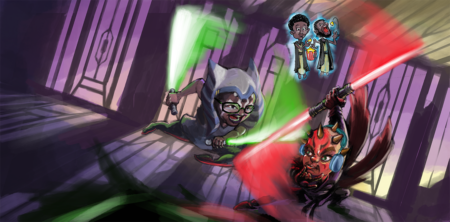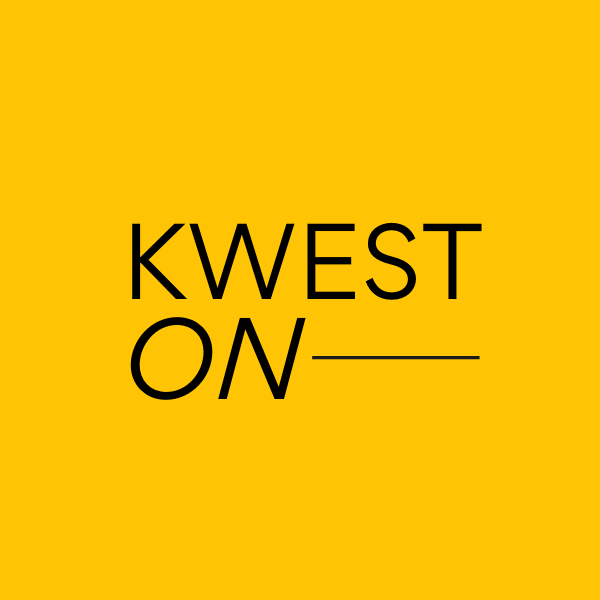As a Nuyorican Princess growing up in the suburbs of Long Island, the only Latina superhero I ever knew was the 1970s version of Wonder Woman. Lynda Carter, the actress who played Wonder Woman on the 70s TV show, was half Mexican. Unlike my Barbies, Wonder Woman had brown hair. It was a tiny detail so important for a little girl who had a hard time identifying with any of the media or culture being fed to her in the 1980s. My boy cousins would come to my house from the Bronx and Staten Island with their superhero comic books, but they bored me because there weren’t any girls in them. Instead, my girl cousins and I dressed up in our Wonder Woman Underoos and did spinning jumps into my pool.
So naturally, I did a little salsa dance when Amazon delivered my copy of “Ricanstruction: Reminiscing & Rebuilding Puerto Rico,” an anthology of Puerto Rican themed comic adventures. Tears of joy streamed down my face as I beheld a comic book cover I never thought I would see: Wonder Woman teamed up with the only female Puerto Rican superhero that has ever existed: La Borinqueña. (Side note: the only male Puerto Ricansuperhero to date is Miles Morales, a Puerto Rican Spider-Man.)
La Borinqueña is not only Puerto Rican, but also BLACK. Yessssssssssss. Her street name is Marisol (ocean and sun), she’s got thick thighs, hips and boobs, and we get to see her native roots when she flashes back in time and meets Yuisa, a female Taino chief who saves her people from a sink hole.
As I flipped through the first few pages, some disappointment started to settle in. Some of the chapters were underwhelming. I mean, even the story written by Rosario Dawson fell flat. The little girl inside me that was so excited for this moment in comic book history started to whine. “C’mon, it’s our first Puerto Rican superhero, PLEASE, give me better writing, porfaaaa!!!”
And just like that – BAM! A jolt of Black Power woke me up. First of all – there is a superhero called Black Power? Yes, DC Comics’s Black Lightning is also known as Black Power in the Justice League. (Whaaaatttt??? Where’s he been in all the movies???) As Black Power and La Borinqueña fly into Puerto Rico’s electrical grid, their dialogue is fresh and on point. Here’s a sample:
Black Power: “I’ve never been to La Isla del Encanto, it’s too bad I have to show up under these circumstances…”
La Borinqueña: “My island has a history of resilience, this may look bleak to outsiders, but I know we’ll rebuild, we’ll overcome, it’s what makes us Boricuas.
Black Power: “Well, that’s what black folks do. I mean, not to diminish your dope cultural heritage, but bottom line is you all got off the slave ship one stop before we did, right?”
La Borinqueña: “Uh. That’s a lot to unpack right now, let’s just focus on the job at hand.”
Black Power: “Oh man, I just put my foot in my mouth, right? I did the black version of the clueless white thing, right? I’m so embarrassed.
Not only could I relate to the superheroes, I also related to the stories in the anthology about everyday mainland characters. My personal life at the time was going through its own mini-hurricane. My Puerto Rican boyfriend, from the island, decided he no longer wanted to live with me in our apartment in Washington Heights in New York, because I wasn’t “Puerto Rican” enough for him. “Your Spanish sucks,” he told me in that very direct way Puerto Ricans do. Then he moved out.
No longer able to afford the rent without his share, I lost my home. But superheroes don’t cry, do they? They put on their underoos and find a way to survive and fight the negative energy that stirs up and swirls in the Atlantic Ocean every single year. My church announced it was paying for week-long relief trips to Puerto Rico, so you better believe I signed up for a reminder that my situation was nothing compared to what people were experiencing on the island. When I think about the people I met and the family members I visited, I totally identify with La Borinqueña. She often breaks the fourth wall in the comic book, telling readers they are also the solution to the problem with phrases like, “I have to help. I have to light the way.”




